Hair clipper oil substitute? Whether you’re a professional barber or just clipping your hair at home, this guide will be interesting for you to read. Hair clippers are a necessary tool for keeping a neat appearance. Lubrication is a crucial part of maintaining your clippers in good working order.
The best lubricant for hair clippers is clipper oil because it helps to decrease friction and guard against blade damage.
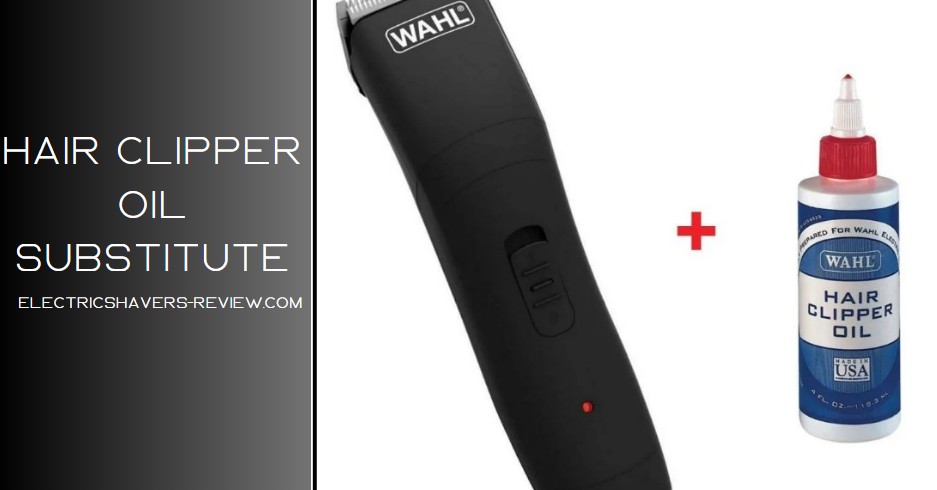
What occurs, though, if you run out of it or are unable to purchase any? It’s useful to be aware of alternatives that can be utilized as a stopgap measure in such circumstances.
This complete guide will help you keep your hair clippers in the best available condition, we’ll examine some top replacements for clipper oil in this post, along with their advantages and disadvantages.
How to keep your hair clipper in the best possible condition
It’s crucial to adhere to the following advice to keep your hair clippers in the best possible condition:
After each use, clean the blades and other moving components of your clippers with a tiny brush or cleaning tool to remove any hair, dust, or dirt.
This will enhance the effectiveness of your clippers and help prevent clogs.
Put a few drops of clipper oil, or a similar substitute, into the blades and other moving elements of your clippers regularly. This will increase the lifespan of your clippers by decreasing friction and preventing rust and corrosion.
Keep your clippers dry, rust, and corrosion can be brought on by using your clippers in wet settings. After usage, dry your clippers with a clean cloth, then store them somewhere dry and cool.
It may be time to replace your clippers if they are not cutting as well as they once did, or if you see any wear or damage to the blades or other components. Your clippers’ performance and safety will be preserved as a result.
Use your clippers properly according to the manufacturer’s instructions and refrain from using them for purposes other than those for which they were intended. Your clippers will stay in good condition and be protected from harm if you do this.
You can keep your hair clippers in the greatest shape and make sure they continue to provide you with the finest performance and results according to these suggestions.
The top replacements
The following are a few of the best hair clipper oil alternatives for lubricating hair clippers:
Mineral oil
Mineral oil is a regular clipper oil used often as one of the hair clipper oil alternatives, mineral oil is a light, odorless oil.
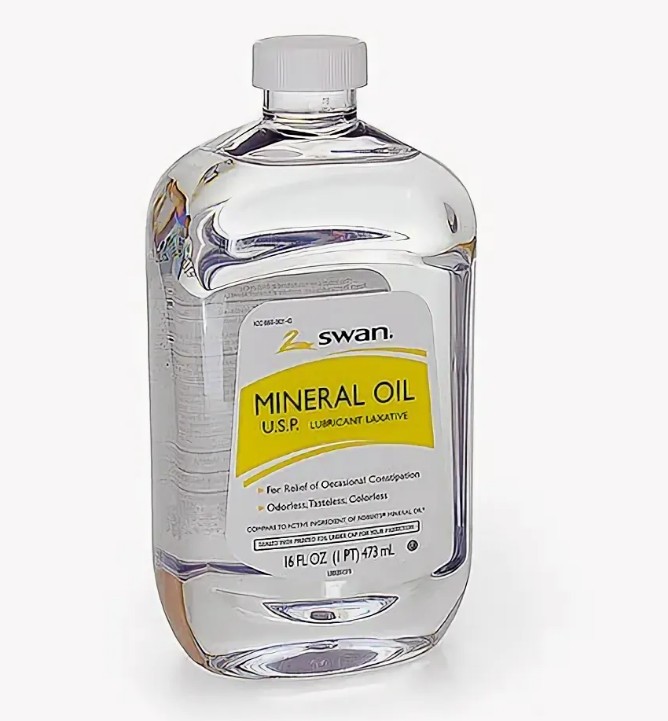
Sewing Singer machine oil
This oil or silicone oil or motor oil is a good, light oil that is specifically made for use with sewing machines. Due to their identical qualities and accessibility at most craft stores, silicone oil or motor oil are known to be hair-clipper oil alternatives.
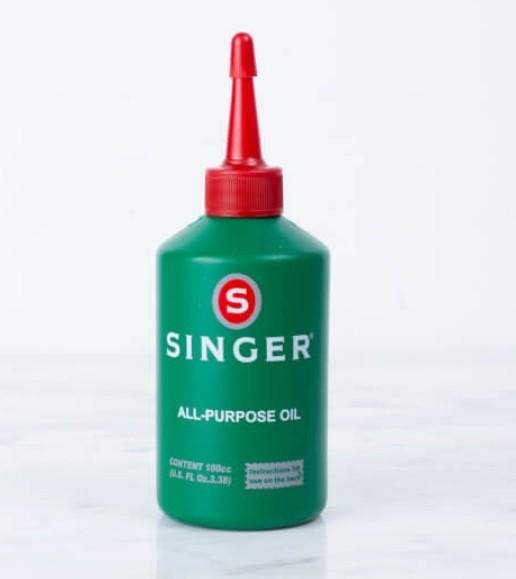
Baby oil
Baby oil is a hair clipper oil alternative, baby oil is a mixture of mineral oil and scent. However, to prevent any potential skin irritation, make sure to use fragrance-free baby oil.
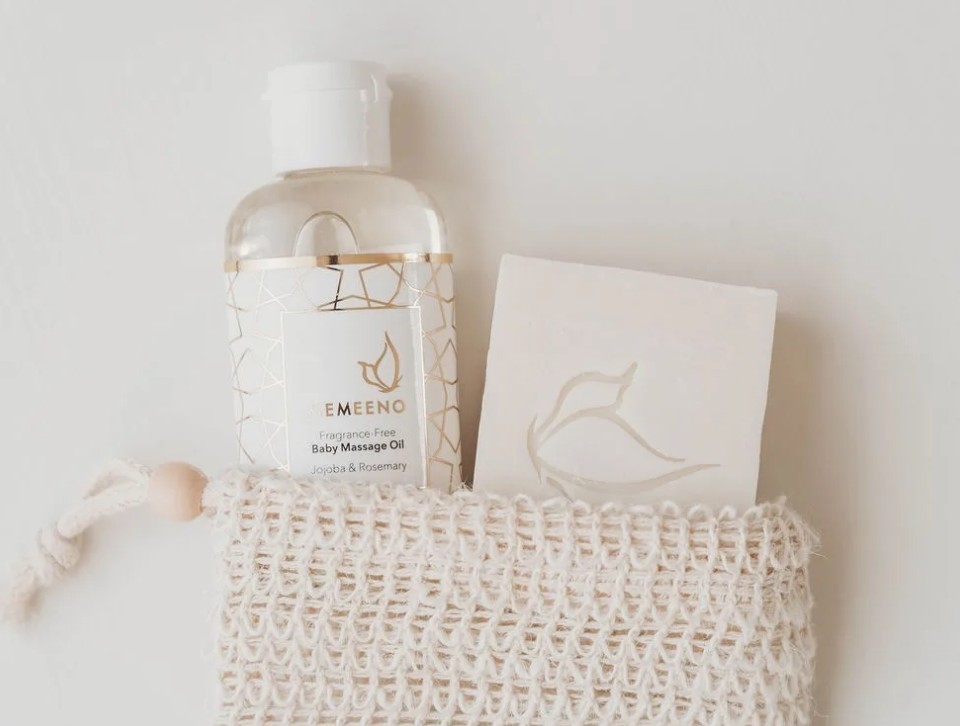
Vegetable oil
Extra virgin olive oil is an example of vegetable oil that some people use as a hair-clipper oil alternative. Vegetable oils, like olive oil, however, tend to be thicker and heavier than hair clipper oil, which can lead to clogging of the blades more likely.

Coconut oil
Coconut oil is a natural moisturizer that can be used as one of the hair-clipper oil substitutes. Coconut oil and olive oil possess antifungal and antibacterial qualities that can aid in keeping your clippers clean and halting the spread of bacteria.
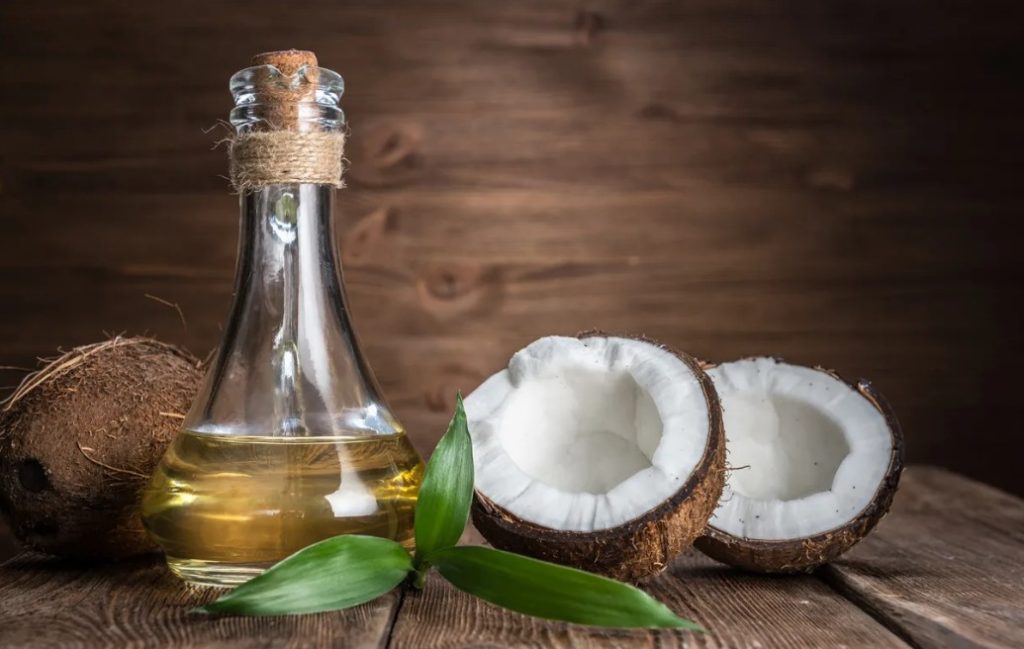
Wahl clipper oil
Wahl electric hair clippers are renowned for their perfect craftsmanship, dependability, and accuracy. They may be used on all various kinds and textures of hair and are made to shorten the hair swiftly and effectively.
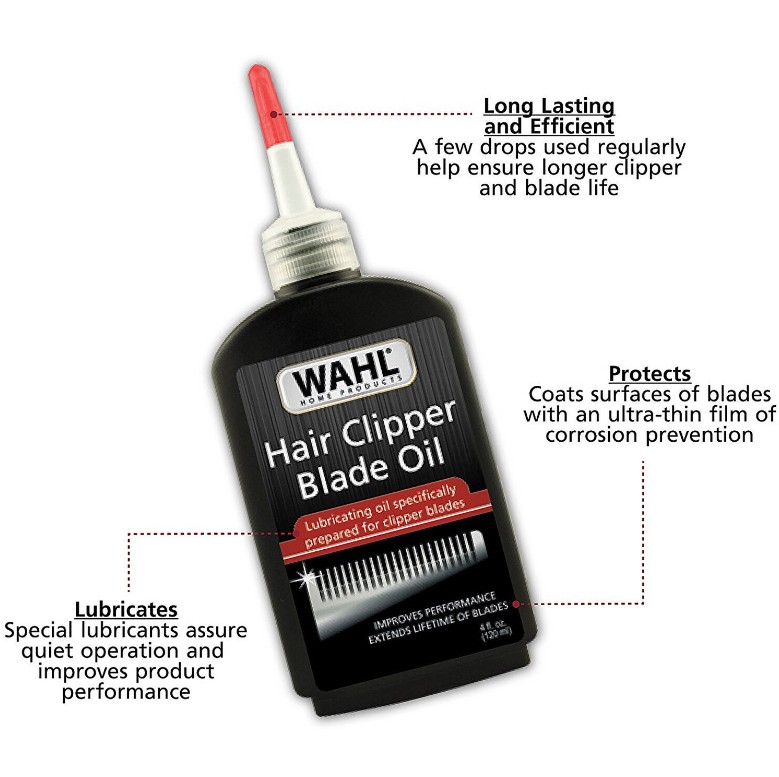
From affordable models for home use to high-end models for barbers and stylists, it provides a variety of electric hair clippers that need a specific Wahl clipper oil.
Wahl also makes trimmers, shavers, and hair dryers in addition to hair clippers and other grooming accessories. The business, a reputable name in the hair care sector, is dedicated to using premium materials and cutting-edge technology in its products.
It’s crucial to remember that while these hair clipper oil substitutes can be used as a stopgap, they might not offer the same amount of protection or performance.
Therefore, it is advised to put the right hair clipper oil replacement like vegetable oil, mineral oil, sewing machine oil, silicone oil, and cooking oil whenever it is practical to maintain the functionality and durability of your oil hair clippers.
Oils should not be used as a replacement
Some of these oils:
Jojoba oil
Jojoba oil won’t work as a lubricant and will eventually clog the clipper blades.
It has various pros over other vegetable oils, such as being colorless, odorless, and more shelf-stable. Additionally, it is extremely hydrating and ideal for contact with hair.
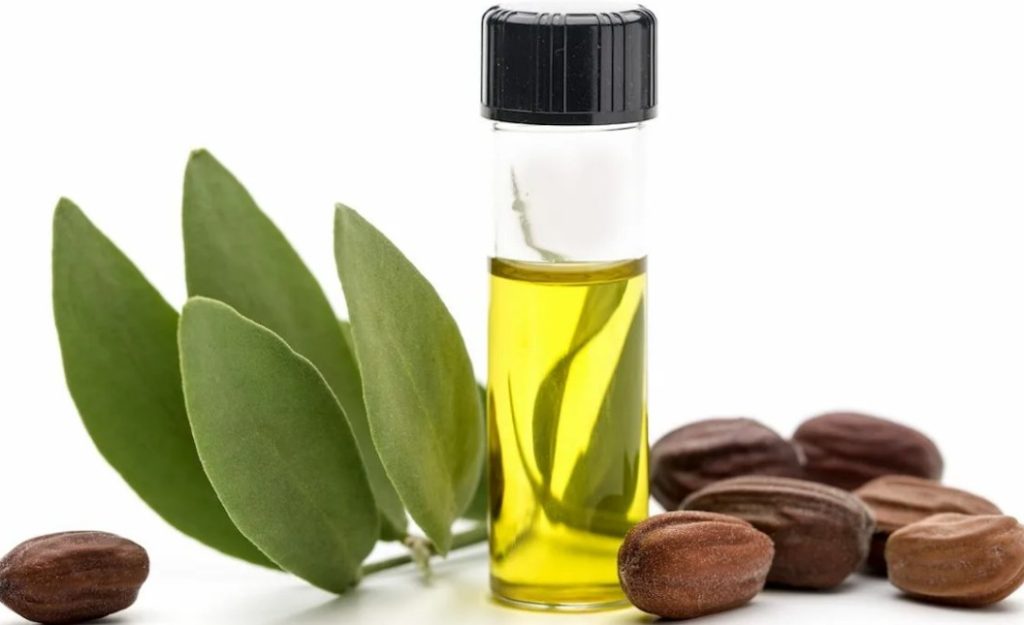
Over time, it will lead to clogging since it will not sufficiently decrease the contact between quickly moving blades.
Canola oil
Canola oil is not a great alternative to hair-clipper oils. The canola oil is too thick, which is one of the things you should avoid when looking for a hair-clipper oil alternative. In addition, the oil can go bad, making it harmful to your skin.
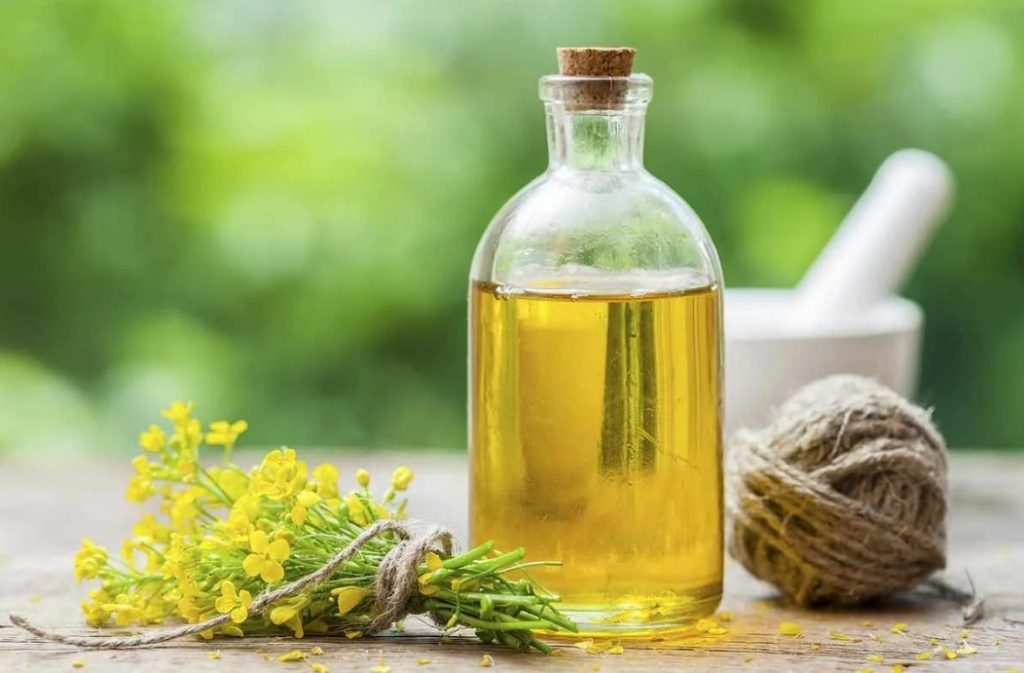
Pros
There are various benefits to using hair clipper oil or hair clipper oil alternatives, including:
Lowering friction
Hair clipper oil or hair clipper oil alternatives like mineral oil work to lower the amount of contact between the clipper blades, which can assist prevent overheating and lessen the strain placed on the clipper blades.
In addition, hair clipper oil like mineral oil can aid in protecting the clipper blades from rust and corrosion, which can happen if they are exposed to moisture or are left inactive for extended periods.
Cleaning
By preventing hair and debris from becoming lodged in the clipper blades of your clippers, regular clipper oil can help you maintain them clean.
Oiling hair clippers using mineral oil, and cooking oil can lessen the need for frequent cleaning or maintenance and assist to ensure that your clippers run smoothly and effectively.
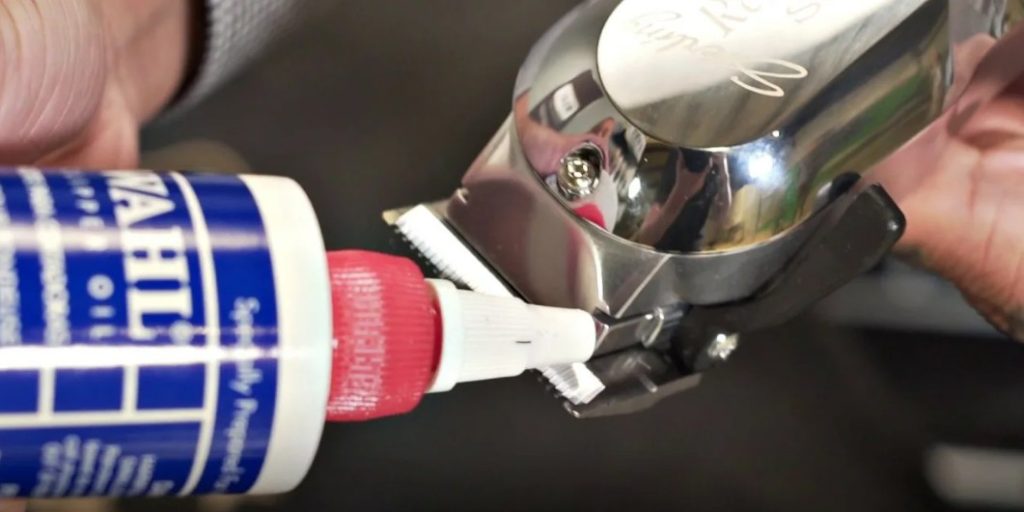
Increasing accuracy
When your hair clipper blades are lubricated, they may operate more smoothly and precisely, giving you the ability to make a cut that is cleaner and more exact.
Utilizing hair clipper oil or any hair clipper oil alternative is crucial to preserving the functionality and longevity of your clippers.
To keep your clippers operating properly and giving you the finest results possible.
Cons
While using hair clipper oil has many benefits, there are a few potential cons to consider as well. These consist of:
Messiness: It has the potential to be unpleasant and may leave a residue on your hands or the clippers. This may necessitate additional washing or wiping down after usage, which can be inconvenient.
Odor: Some hair-clipper oils may have a pungent smell like silicon oil that some people find unpleasant.
Cost: In comparison to other lubricants or oils, it can be somewhat pricey, depending on the brand and type.
This can be a problem if you use your clippers frequently and have to frequently top off your hair clipper oil supply.
Accessibility: If you need to buy the best hair clipper oil right away or in a pinch, it may not be simple to find in all shops or locations.
Although the drawbacks of using it are generally modest, they should nevertheless be taken into account. It’s crucial to assess the benefits and cons of using regular clipper oil and select the best hair clipper oil that suits your requirements and tastes.
FAQ
What oil can I use on my hair clippers?
To lubricate your clippers using mineral oil or sewing machine oil hair clipper, you can employ a variety of methods. Spray lubricants, liquid lubricants, and bar lubricants are all options.
Spray lubricants, which are alternatives to clipper oil, are the most popular kind of lubricant. Spray lubricants are available in a can, and you simply spray them on the clipper blades. This kind of lubricant is simple to use and provides speedy blade lubrication.
A liquid lubricant is another kind of lubricant. You must apply liquid lubricants to the blades with a brush and they come in a bottle. This kind of lubricant does a better job of lubricating the blades than a spray lubricant, but it is a little more challenging to use.
A bar lubricant is the final variety of lubricants. Bar lubricants are in a bar form, and you must use your fingers to rub them on the blades but don’t forget to wear gloves to protect the skin. Although it is the most challenging to apply, this kind of lubricant does the best job of lubricating the blades.
Can I use WD 40 instead of clipper oil?
No, using WD-40 as a substitute for your hair clippers is not advised. Although it can temporarily lubricate and help to remove moisture.
A multipurpose lubricant called WD-40 may include solvents, which might harm the rubber and plastic parts of your clippers.
It can also draw dirt and debris, which can block the cutting blades and make your clippers less effective.
In addition, to keep your hair clippers functioning properly and lasting a long time, use the right clipper oil.
The optimum viscosity of it, which is specifically made for use with hair clippers, allows it to lubricate the cutting blades, decrease the contact, and guard against rust and corrosion.
So, rather than using WD-40 on your hair clippers, it is advised that you use motor oil or light machine oil.
What is a good substitute for clipper oil for horses?
There are several best clipper oil alternatives that you can use when it comes to moisture horse clippers.
Horse hair clipper oil alternatives that are effective include:
Mineral oil: Blades are frequently lubricated with mineral oil considered to be a good hair clipper oil alternative, which is a light, odorless oil. It is easily accessible at the majority of drugstores and is safe for horses to use.
Baby oil: It is a good clipper oil alternative, Baby oil is a mixture of mineral oil. However, to prevent any potential skin sensitivity in horses, be sure to use fragrance-free baby oil.
Vegetable oil: Extra virgin olive oil is an example of the vegetable oil that some horse owners use to oil hair clippers.
They, however, tend to be thicker and heavier than clipper oil, which can make clogging of the blades more likely.
Whatever the alternative, it’s crucial to use a modest amount of oil and avoid lubricating the blades excessively.
The efficiency of your clippers may be affected by excessive lubrication, which can result in blades that are blocked with hair and debris.
Is clipper oil poisonous?
Every type that is offered for sale in the US, Canada, Europe, Australia, etc. is non-toxic and non-poisonous.
It is safe if absorbed, breathed, or digested and is almost identical to baby oil (which is frequently scented). If you consume enough of it, the sole drawback is that it has laxative properties.
Conclusion
The suggested lubricant is clipper oil, there are a couple of alternatives that can be used in a pinch.
It’s important to keep in mind that not all alternatives are made equal and that some could harm your clippers or impair their effectiveness.
It is advisable to choose unscented, light oils like mineral oil or baby oil as a replacement.
Although they tend to be thicker and may make the blades clog more quickly, vegetable oils can also be employed
In the end, using the right lubricant is essential to maintaining the functionality and longevity of your clippers; thus, it’s imperative to use a substitute only when necessary and to return to clipper oil afterward. I hope this complete guide will be of substantial help.
